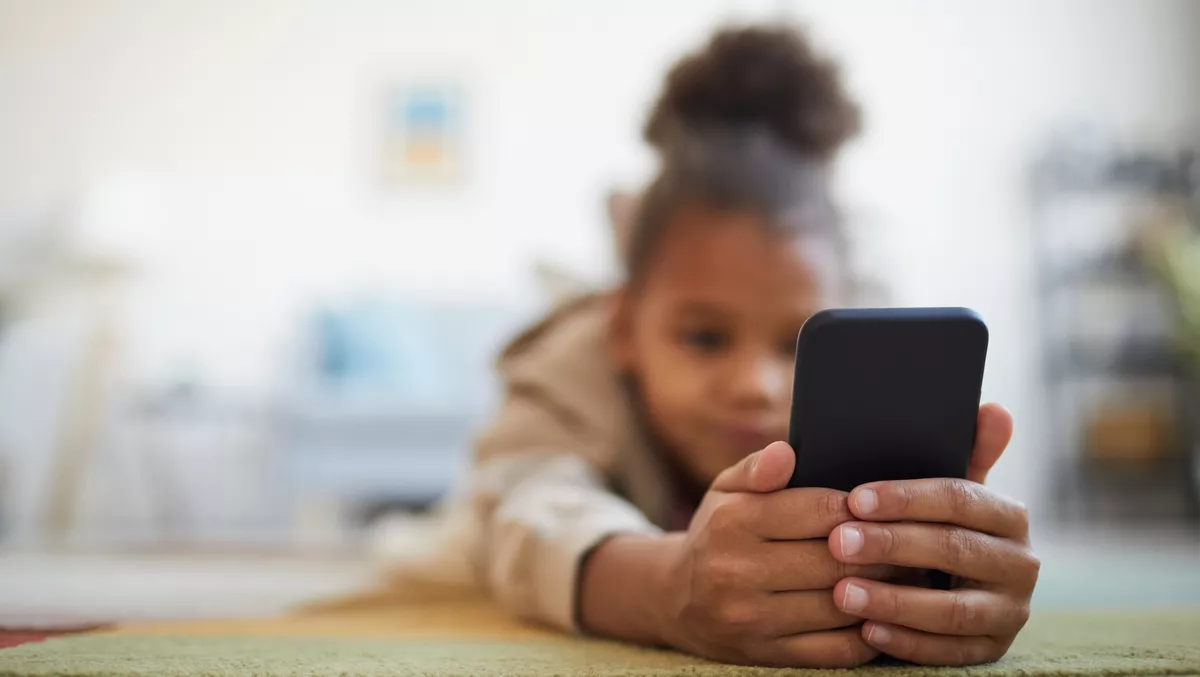Introduction
In today’s digital world, it’s not unusual to see young children with smartphones in hand—texting, watching videos, or playing games. If you’re a parent of an 8-year-old, chances are high that your child has already asked for a phone, and perhaps several of their friends already have one. The pressure is real, and so is the confusion: should you give in, delay the decision, or refuse altogether?
The answer isn’t simple. It depends on multiple factors, including your child’s maturity, your family’s communication needs, safety concerns, and how you intend to supervise usage. This paper explores the pros and cons of giving an 8-year-old a phone, provides guidance on readiness, and offers alternatives that balance connection and caution.
The Growing Trend of Early Phone Ownership
According to various studies, a significant number of children now own smartphones before the age of 10. In some countries, over 40% of children between 8 and 11 have their own mobile devices. This shift has been driven by several factors:
- Increased digital literacy among children
- Parental concerns about safety and location tracking
- Peer pressure and social norms
- Educational apps and remote learning trends
Despite this growing trend, many child psychologists and educators caution against early phone ownership, citing potential developmental, emotional, and social drawbacks.
Arguments For Giving an 8-Year-Old a Phone
- Safety and Communication
The most common justification parents give for early phone access is safety. If a child walks home from school, attends after-school programs, or spends time with multiple caregivers, having a phone can offer peace of mind. Features like GPS tracking, emergency calls, or family messaging apps can provide quick communication in case of problems.
- Digital Familiarity and Education
Phones can offer access to educational tools, games that promote critical thinking, and platforms that help children develop digital literacy skills. In a world where tech skills are increasingly essential, early familiarity can be beneficial.
- Fitting in With Peers
By age 8, children begin to be highly influenced by peer relationships. If most classmates have phones and social interactions happen digitally (e.g., via group chats or shared games), children without phones may feel left out or excluded.
- Parental Control Apps Have Improved
Today’s smartphones can be configured with extensive parental controls. Tools like screen time limits, content filters, and app restrictions allow parents to create a customized and safe environment for their children.
Arguments Against Giving an 8-Year-Old a Phone
- Cognitive and Emotional Maturity
At 8 years old, children are still developing impulse control, critical thinking, and the ability to understand long-term consequences. This makes it difficult for them to self-regulate screen use, avoid online risks, or distinguish between healthy and harmful content.
- Exposure to Inappropriate Content
Even with filters, children can stumble upon violent videos, adult content, or misinformation. Open internet access is difficult to monitor completely, especially as children become more tech-savvy.
- Distraction From Learning and Social Development
Excessive phone use can impair attention spans, reduce time spent on physical play, and limit face-to-face socialization. It may also interfere with sleep hygiene and family interactions.
- Mental Health Risks
Research has linked early and frequent phone use to increased rates of anxiety, depression, and social comparison in children. Even “kid-friendly” apps can expose children to pressure, bullying, or feelings of inadequacy.
Determining Readiness: Key Questions for Parents
Rather than using age alone as a benchmark, consider the following questions:
- Is my child responsible with belongings and rules?
- Can they follow screen time limits without constant reminders?
- Do they understand online privacy, such as not sharing personal information?
- Will they use the phone primarily for communication or play?
- Am I prepared to monitor their usage and have ongoing conversations about tech?
If your answers skew toward “no,” it might be wise to delay giving them a phone or consider a limited-use alternative.
Age-Appropriate Alternatives
You don’t need to say yes or no in absolute terms. Several options exist between a full-feature smartphone and nothing at all:
- Basic Phones
These are “dumb phones” with limited functionality—calls and texts only, no apps or internet. They’re excellent for safety without distractions.
- Smartwatches for Kids
Products like the Gabb Watch or TickTalk allow for voice calls, GPS tracking, and text messages, all within a tightly controlled environment.
- Parental-Controlled Smartphones
Phones like Gabb Wireless or Pinwheel are designed specifically for kids and don’t allow internet browsing or social media. They offer only approved apps and strict screen time management.
Guidelines If You Do Choose to Give a Phone
If, after careful consideration, you decide your child is ready for a phone, here are strategies to make the experience safe and positive:
- Start With Clear Rules and Contracts
Create a “phone agreement” that outlines usage hours, restricted apps, consequences for misuse, and rules for online behavior. This sets a foundation for accountability.
- Set Screen Time Limits
Use built-in tools (e.g., Apple’s Screen Time or Google’s Family Link) to limit time spent on specific apps or features. Encourage phone-free zones—especially at meals and bedtime.
- Co-Browse and Co-Play
Participate in your child’s digital world. Play games together, review their apps, and use browsing as a chance to teach media literacy.
- Have Ongoing Conversations
Phone use is not a “set and forget” situation. Check in regularly. Ask your child about their online experiences. Normalize talking about anything uncomfortable or confusing they may encounter.
Social Media: A Special Concern
Although many social media platforms set a minimum age of 13, some children access them earlier. Parents should know that:
- Platforms like TikTok, YouTube, and Instagram expose kids to potentially harmful content.
- Algorithms often push suggestive or sensational material to increase engagement.
- Social media can contribute to cyberbullying and low self-esteem.
If your child insists on using such apps, consider “view-only” accounts, strong supervision, or postponing until they are more emotionally prepared.
When Is the Right Time?
There’s no universally correct age. Some experts suggest waiting until middle school (around 11–13), when children have greater independence and cognitive maturity. Others believe that it depends entirely on the individual child’s needs, maturity, and family circumstances.
What matters most is intention. Are you giving your child a phone because of peer pressure, convenience, or a genuine need that’s supported by readiness and structure?
Conclusion
The question “Does my 8-year-old really need a phone?” requires careful thought—not just about your child’s age, but about their temperament, environment, and your parenting values. While phones can provide safety and connection, they also open doors to risks that young children may not be equipped to handle.
There’s no rush. Many families find that delaying smartphone use—while offering safer alternatives—supports healthier development and stronger parent-child relationships. If and when you do decide to give your child a phone, clear boundaries, active supervision, and regular conversations will be your best tools in ensuring their digital experience is safe, educational, and age-appropriate.







